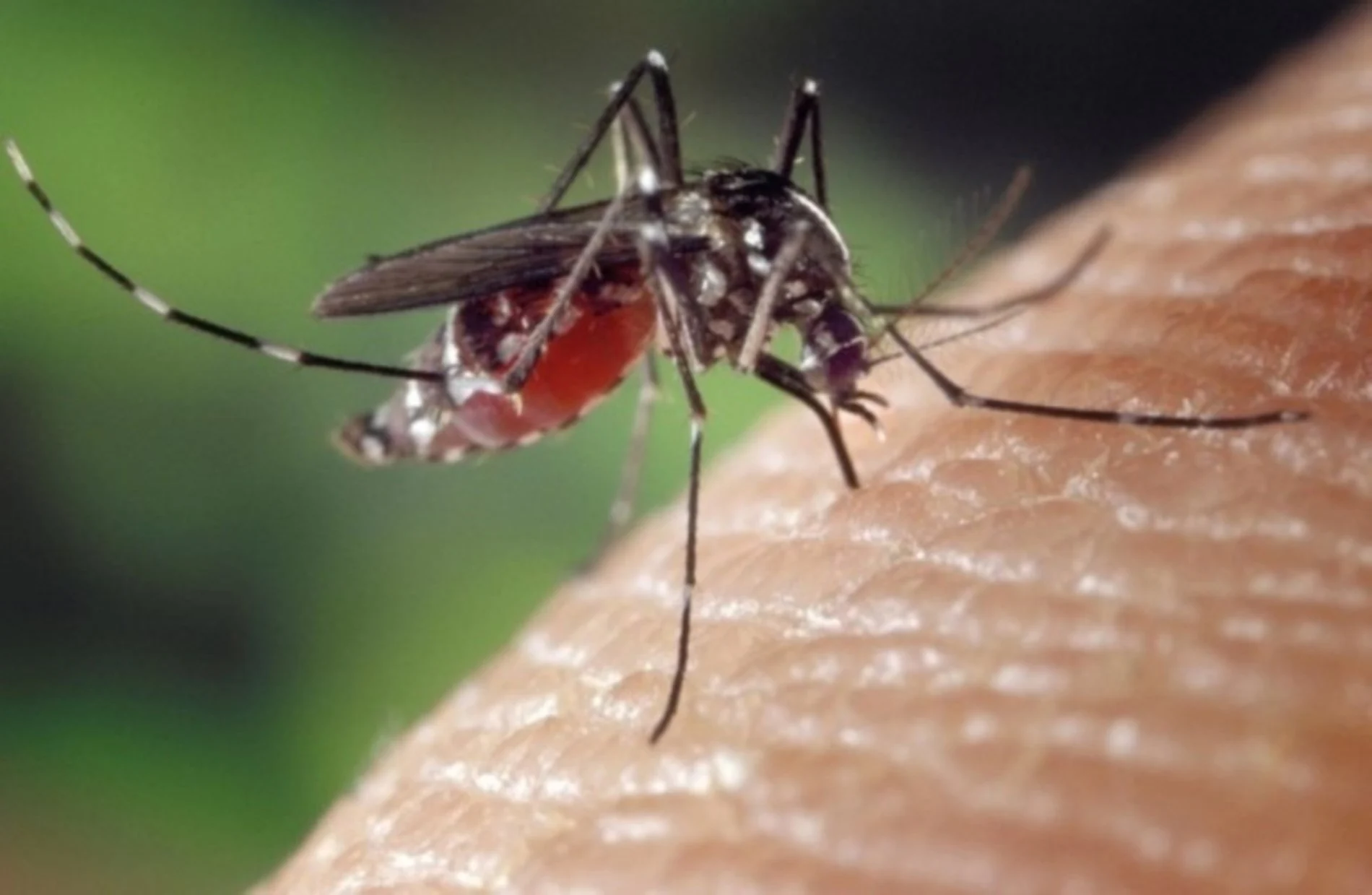
Human case of West Nile reported in southern Ontario
Public health officials in Hamilton say they have confirmed the city's first human case, this year, of the West Nile virus.
In response, the medical officer of health has moved the virus risk level from moderate to high.
The city is reminding residents to protect themselves from mosquito bites and to remove standing water where the bugs can breed.
While the majority of people infected with West Nile won't have any symptoms, the city said the elderly, or people with weakened immune systems can develop a fever as well as more severe illness including inflammation in the lining of their brain.
In a media release the city said officials have also been notified that a horse tested positive for Eastern equine encephalitis (EEE) — the first report of a positive test for the mosquito-borne virus in a horse this year.
Most humans or horses bitten by an infected mosquito won't develop symptoms of EEE, according to public health, but in some severe cases people can suffer a sudden headache, high fever, chills and vomiting.
The illness can also lead to disorientation, seizures and even a coma.
To date there have been no reports of any human illness in Hamilton caused by EEE, which health officials say is typically found in wild birds.
Dr. Bart Harvey, associate medical officer of health for Hamilton Public Health, said taking a few, basic steps can make a big difference when it comes to preventing mosquito bites.
"Employing simple preventive measures such as using insect repellent containing DEET or Icaridin, covering up, and removing standing water on your property to prevent mosquito breeding will reduce your risk while you enjoy the outdoors," he explained in a media release.
"The risk of these infections will drop once there is a heavy frost that reduces the number of mosquitoes."
This article was originally published for CBC News.










